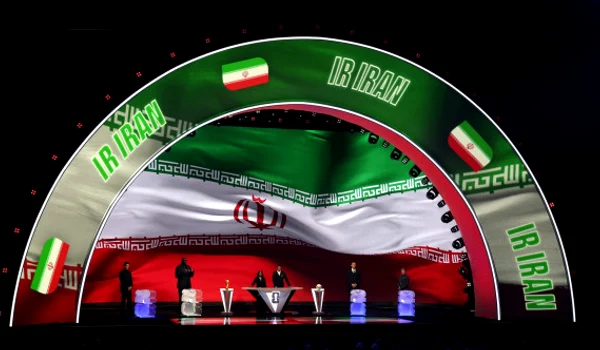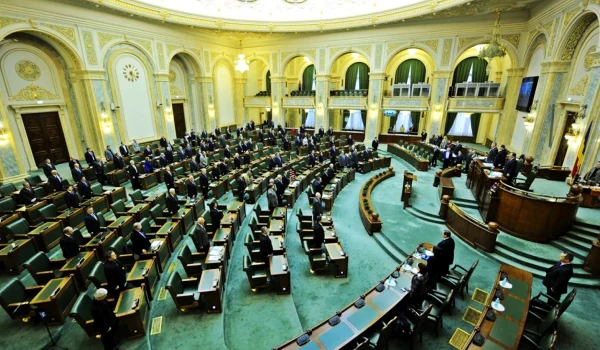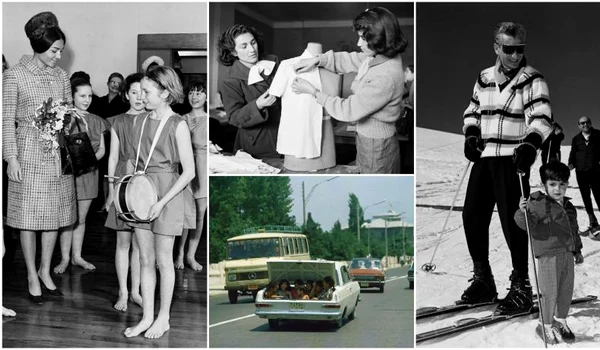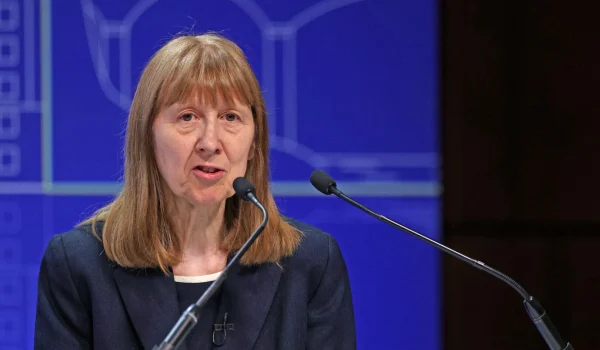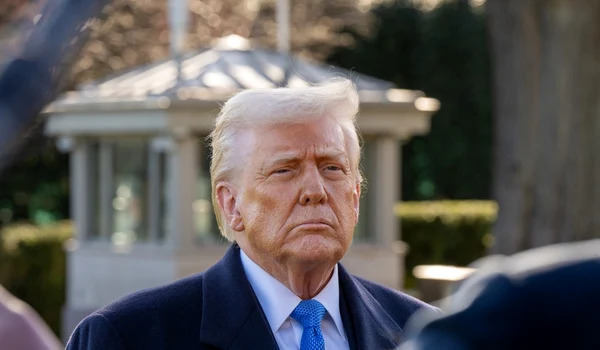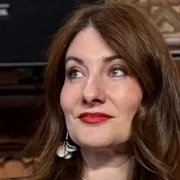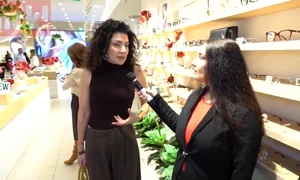
8 martie, 8 președinte de parlamente, aceeași problemă
0De 8 martie, noi, 8 femei președinte de Parlament din Uniunea Europeană, din România, Spania, Belgia, Cipru, Lituania, Slovenia și Republica Cehă, am semnat împreună acest articol în care spunem cu aceeași voce: o societate în care femeile și bărbații sunt egali este o societate prosperă, o societate dreaptă!
”Pentru o societate justă şi prosperă: egalitate de gen
De fiecare 8 martie, nevoia de egalitate de gen este în centrul atenţiei opiniei publice. Cu această ocazie, subsemnatele, preşedinte ale Parlamentelor din statele membre UE, doresc să se alăture vocilor care cer egalitate deplină între bărbaţi şi femei, întrucât egalitatea de gen este unul dintre consensurile fundamentale ale democraţiilor noastre şi, în acelaşi timp, un reper al Europei ca proiect politic.
În 1979, Simone Veil a fost aleasă prima Preşedintă a Parlamentului European. De atunci, femeile europene au realizat progrese semnificative în domeniul puterii politice. Numărul femeilor, atât în parlamente, cât şi în guverne, a crescut. A fi preşedinta unei adunări parlamentare nu mai este ceva excepţional, cum era în 1979. Dar mai sunt multe de făcut, după cum ne avertizează indicele realizat de Institutul European pentru Egalitate de Gen: pe o scară de la 0 la 100 (100 indicând egalitate deplină în exercitarea puterii politice), media statelor europene este de 60,2.
Când Mary Wollstonecraft a spus „Mă declar împotriva oricărei puteri bazate pe prejudecăţi, indiferent cât de veche e”, se referea la izvorul discriminării istorice suferite de femei, o suferinţă pe care continuă să o poarte şi astăzi, în ciuda tuturor eforturilor. Discriminarea de gen are o natură structurală, pentru că îşi are rădăcinile în modele şi sisteme sexiste vechi de secole, care au determinat poziţia de inferioritate socială a femeii. Tradiţional, femeile au îndurat multe forme de excludere şi au dus poveri inegale ca urmare a convenţiilor, organizaţiilor şi deciziilor sociale.
Pentru a înlătura toate obstacolele din calea dezvoltării libere a femeilor şi pentru a promova deplina lor implicare în toate domeniile societăţii, avem nevoie să ne unim forţele, atât parlamentele noastre naţionale, cât şi Uniunea Europeană în ansamblu.
O societate echitabilă este o societate dreaptă. Pentru că a lupta pentru egalitate de gen înseamnă a lupta pentru libertate. Pentru libertatea femeilor de a-şi trăi pe deplin vieţile, cu independenţă, securitate, demnitate şi respect de sine. Combaterea violenţei bazate pe gen, indiferent de forma pe care o îmbracă, trebuie să fie o prioritate pentru noi toţi.
O societate egală este o societate prosperă. Reducerea dezechilibrului de gen îmbunătăţeşte capitalul uman şi productivitatea. În secolul XXI, cunoaşterea noastră şi economiile fundamentate pe inovaţie nu pot avansa fără talentul şi creativitatea femeilor. Din acest motiv, egalitatea este, şi trebuie să fie, unul dintre motoarele de dezvoltare economică ale erei noastre.
În discursul său inaugural, prezentat Parlamentului European, Simone Veil a numit pacea, libertatea şi prosperitatea ca fiind principalele provocări ale Uniunii, iar, pentru a le îndeplini, a făcut apel către o Europă a solidarităţii, a independenţei (în special energetice) şi a cooperării. Chiar şi astăzi, într-o mare măsură, această hartă de priorităţi rămâne de actualitate, mai ales în contextul războiului declanşat de Rusia.
Unitatea în răspunsul nostru la această agresiune este cea mai bună apărare a valorilor noastre europene. Valori care insuflă curaj femeilor şi fetelor din Ucraina. Ne apărăm identitatea de Uniune a păcii, a libertăţii şi a prosperităţii. Dar astăzi, trebuie să afirmăm că, fără egalitate, Europa nu există. Femeile şi bărbaţii europeni aspiră să construiască democraţia noastră cu drepturi şi oportunităţi egale, cu implicarea deplină în toate sferele puterii sociale, politice şi economice, având viziunea unui viitor mai drept pentru toţi”.
Versiunea în limba engleză
For a fair and prosperous society: gender equality
Every 8thMarch, the demand for gender equality is in the spotlight of public opinion. On this occasion, theundersigned female Speakers of the European parliaments want to join the voices that call for full equality between men and women, because gender equality is one of the basic consensuses of our democracies and, at the same time, a hallmark of Europe as political project.
In 1979 Simone Veil was elected first female Speaker of the European Parliament.Since then, European women have made significant progress in sharing political power.The number of women both in parliaments and governments has increased. A female Speaker of a parliamentary assembly is no longer exceptional, as it may have been the case in 1979. But there is still way to go, as the index drafted by the European Institute for Gender Equalitywarns us: on a scale of 100, indicating the latter full equality in the exercise of political power, the average in the European Union countries is 60,2.
When Mary Wollstonecraft said “I declare against all power on prejudices, however ancient” she was pointing at the root of the discrimination historically suffered by women, which they continue to suffer today despite all efforts. Gender discriminationhas a structural nature, since it is rooted in centuries-old sexist patterns and models that have determined the inferiority of women’s social position. Traditionally, women have endured multiple forms of exclusion and borne unequal burdens rooted in social rules, organizations, and decisions.
To reverse all these obstacles to women's free development and full involvement in all spheres of society, we need to combine forces, our national parliaments and the European union, to overcome them.
An equal society is a fair society. Because fighting for gender equality is fighting for freedom. For women’s freedom to live their lives fully, with independence, security, dignity, and self-esteem. Combatting gender violence in any of its forms must be a priority for all.
An equal society is a prosperous society. Bridging the gender gap improves human capital and productivity. In the 21stcentury, our knowledge and innovation-based economies cannot do without the talent and creativity of women. For that reason, equality is, and must be, one of the economic drivers of our time.
In her inaugural speech before the European Parliament, Simone Veil identified peace, freedom, and prosperity as challenges for the Union, and to meet them she called for a Europe of solidarity, independence (particularly as regards energy) and cooperation. And to a large extent that roadmap is today more topical than ever faced to the challenges posed by the war unleashed by Russia.
Unity in the response to this aggression is the best defense of our values as Europeans. Values that foster the courage of Ukrainian women and girls. We defend our identity as a Union of peace, freedom, and prosperity. But today we must also affirm that there is no Europe without equality. That European men and women aspire to build our democracies with equal rights and equal opportunities, with full involvement in all spheres of the social, political, and economic power and with the vision of a fairer future for all”.
Meritxell BATET - President Congress of Deputies- Spain
Stephanie D´HOSE – President Senate- Belgium
Eliane TILLIEUX – President House of Representatives – Belgium
Annita DEMETRIOU – President House of Representatives – Cyprus
Viktorija ČMILYTĖ-NIELSEN - President Seimas – Lithuania
Alina-Ştefania GORGHIU – Vice President and Interim President of Senate- Romania
Urška KLAKOČAR ZUPANČIČ – President National Assembly – Slovenia
Markéta PEKAROVÁ ADAMOVÁ - President House of Representatives- Czech Republic




















